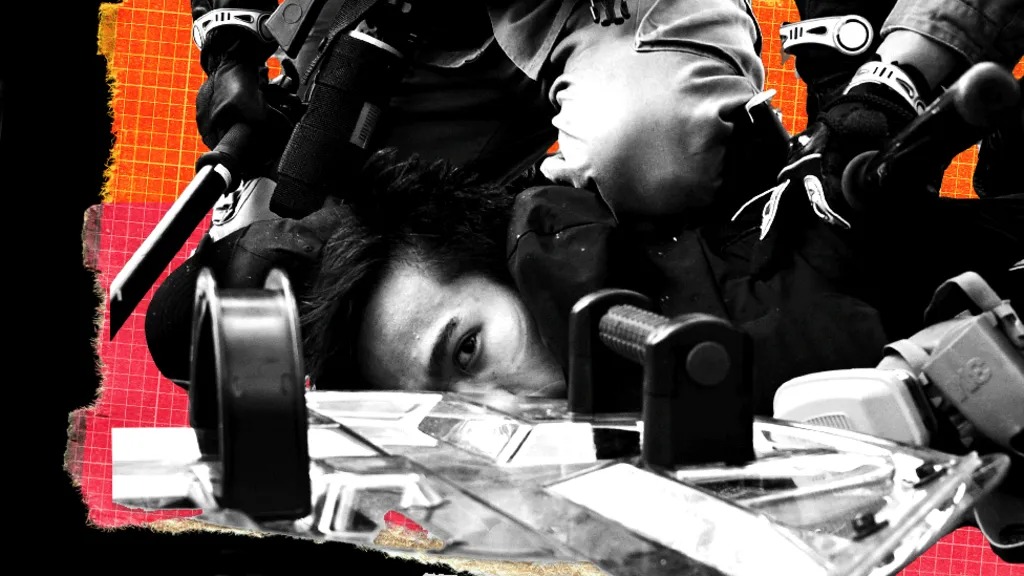
Silenced but Defiant: Hong Kong’s Decade of Protest Lives On
As Kenneth walked through Victoria Park in Hong Kong, memories of the city’s defiance against Beijing surged back. The park, once the heart of protests, vigils, and political activism, now reflects the transformation of a city where dissent is silenced, and pro-democracy voices are jailed.
The Rise and Fall of a Movement
Hong Kong’s pro-democracy movement erupted in 2014 with Occupy Central, a mass sit-in demanding democratic elections. It marked a turning point, elevating figures like Joshua Wong and Benny Tai, whose activism inspired hope for change.
But the optimism was short-lived. By 2019, when protests over an extradition law engulfed the city, Beijing responded with a sweeping National Security Law (NSL). Hundreds of activists were jailed, and thousands fled abroad.
“The Hong Kong we fought for is fading,” said Kenneth, a former activist who remains in the city under a veil of caution.
A City Transformed
On the surface, Hong Kong’s bustling streets and neon lights seem unchanged. But beneath the façade lies a city reshaped by Beijing’s influence. Skyscrapers flash slogans praising China, and Mandarin increasingly replaces Cantonese in daily interactions.
Kenneth recalls his first encounter with tear gas during the 2014 protests, now a distant memory amid tightened surveillance and fear of arrest. “Hongkongers are adapting to a state of normalized censorship,” he says.
Voices in Exile
For those who fled, like Chan Kin-man, a co-founder of Occupy Central, the fight continues in exile. Now in Taiwan, Chan works to preserve the movement’s history through books, lectures, and archives.
“In 2014, change felt possible,” he reflects. “Now, Hong Kong feels like any other Chinese city.”
Kasumi Law, who moved to the UK with her family, shares similar sentiments. Though she has built a new life, homesickness lingers. “I miss the shiny sea of Hong Kong,” she says, her voice tinged with nostalgia.
Kasumi ensures her daughter remembers her roots. “She tells people, ‘I’m not Chinese, I’m a Hongkonger.’”
The Struggle to Remember
In Hong Kong, Kenneth clings to the memories of a freer past. Hidden traces of the protests, like damaged walls at Hong Kong Polytechnic University, serve as silent reminders of the resistance.
“Forgetfulness is betrayal,” he says, vowing to preserve the city’s spirit against all odds.
For those who stay and those who leave, the fight for Hong Kong lives on—not in protests, but in the act of remembering.
Internal Link:
Explore more travel insights on Kenkou Land.
External Link:
Stay informed on global travel updates at BBC News.





